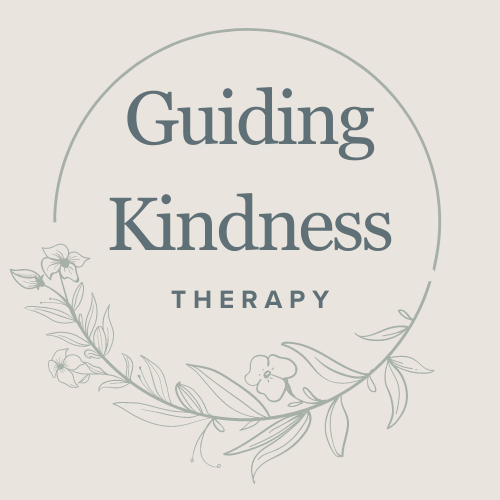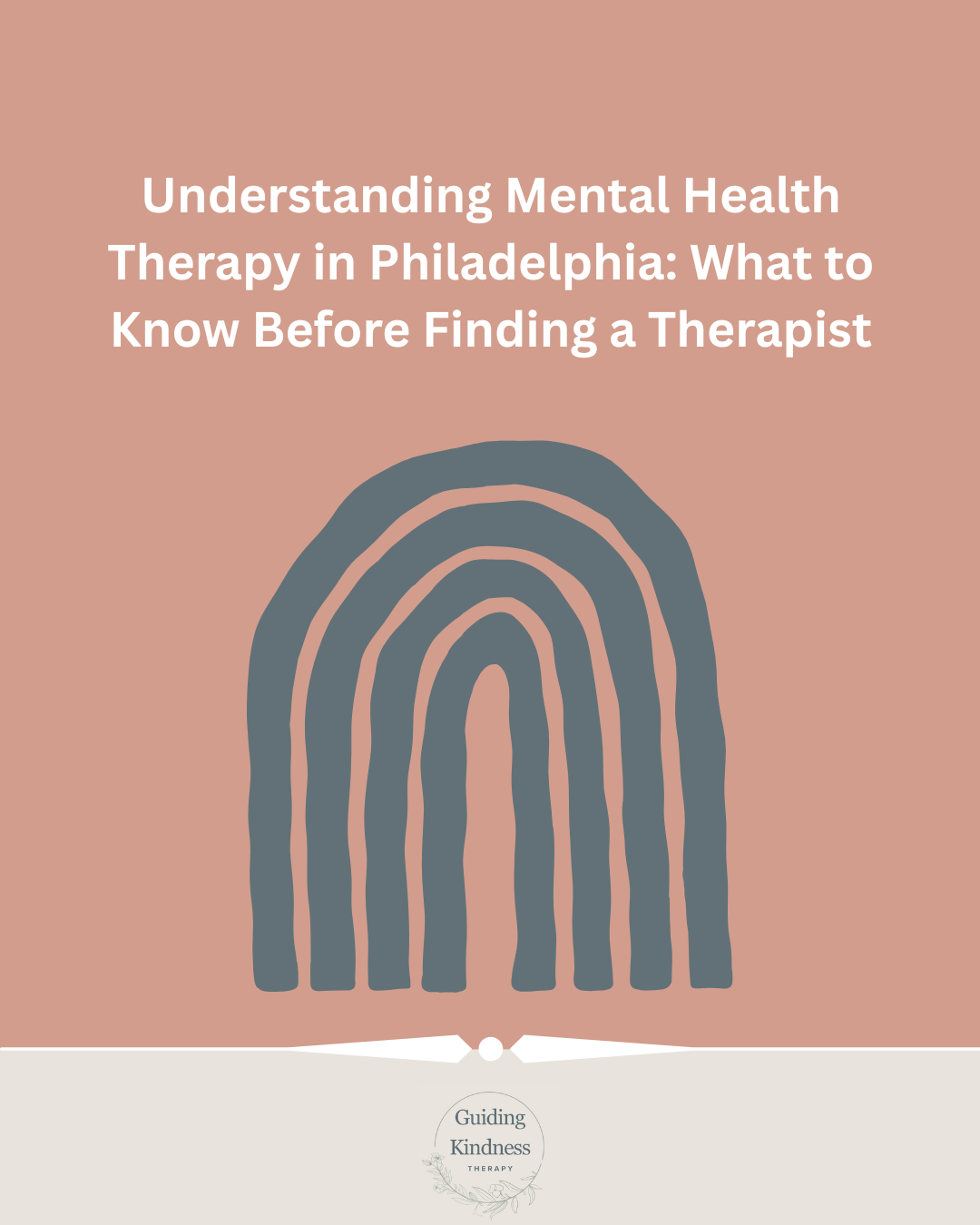Understanding Mental Health Therapy in Philadelphia: What to Know Before Finding a Therapist
Mental health therapy is essential for those seeking support, healing, and personal growth. In Philadelphia and the surrounding area, therapy options are everywhere, with so many valuable and professional therapists, but choosing a therapist can be overwhelming.
This guide will provide key insights into what you should know before hiring a therapist, focusing on trauma therapy, generational trauma breaking, and women-centric trauma therapy options.
The Importance of Mental Health Therapy
First off, let's start with this very important discussion. Mental health issues can be complex, and there can be a lot of stressful and scary thoughts to uncover. Therapy is there to help you through these layers as they are revealed. This can be scary shit, but we are here to help!
What therapy should do is provide a safe space to explore feelings, understand past experiences, and develop coping strategies. In Philadelphia, there are many therapists who often specialize in specific areas, which makes it easier to find the right one for your needs.
Types of Talk Therapy Available in Philadelphia
When considering therapy, it's vital to understand the various approaches available:
Cognitive-Behavioral Therapy (CBT): Focuses on changing negative thought patterns.
Eye Movement Desensitization and Reprocessing (EMDR): Effective for trauma recovery.
Psychodynamic Therapy: Explores unconscious processes influencing behavior.
Interpersonal Therapy (IPT): Helps improve interpersonal relationships and social functioning.
You can look at Guiding Kindness Therapy’s mental health therapy specialties!
Some of our mental health specialties and focuses here at Guiding Kindness Therapy include:
Generational Trauma Breaking
Generational trauma refers to the emotional and psychological effects of trauma experienced by previous generations that impact individuals today. Therapists specializing in generational trauma breaking can help clients identify these patterns and work toward healing. Here are some things to consider:
Look for therapists with experience in family dynamics.
Consider those who use trauma-informed approaches.
Check if they offer group therapy sessions that focus on shared experiences.
Trauma Therapy
Trauma therapy is essential for individuals who have faced significant distress. Whether from personal experiences or broader societal issues, effective trauma therapy can lead to profound healing. When seeking trauma therapy in Philadelphia, keep the following in mind:
Qualifications: Ensure the therapist is licensed and has specific training in trauma therapy techniques.
Specialization: Some therapists specialize in specific types of trauma, such as childhood trauma, complex trauma, or PTSD.
Approach: Verify if the therapist employs evidence-based methods, such as EMDR or somatic experiencing.
Learn more about the Guiding Kindness Therapy team and our qualifications!
Women and Trauma Therapy
Women often face unique challenges associated with trauma, including societal pressures and gender-based violence. Therapists who specialize in women and trauma therapy provide tailored support that acknowledges these experiences. Here are some tips for selecting the right therapist:
Gender Sensitivity: Seek therapists who understand gender-related trauma and maintain a feminist perspective.
Holistic Approaches: Look for therapists who incorporate mindfulness, self-care, and empowerment strategies.
Support Groups: Some therapists offer support groups specifically for women, providing a community-based approach to healing.
Key Considerations When Hiring a Therapist
Finding the right therapist is a personal journey, and several factors should guide your decision:
1. Credentials and Experience
Ensure the therapist holds the necessary licenses and certifications.
Look for additional training and experience in trauma therapy and related fields.
2. Therapeutic Approach
Different therapists have varying styles. Consider what approach resonates with you, whether it’s collaborative, structured, or narrative.
Discuss your preferences and see how they align with the therapist's methods.
3. Comfort and Connection
A strong therapeutic alliance is vital for effective therapy.
Schedule an initial consultation to assess if you feel comfortable sharing with the therapist.
4. Location and Availability
Consider a therapist located in Philadelphia or the surrounding counties, like Montgomery, Bucks, and Delaware counties, for easier access, especially if you prefer in-person therapy.
Check their availability and whether they offer flexible scheduling options, including evening or weekend appointments.
5. Cost and Insurance
Understand the costs associated with therapy sessions and inquire about payment plans.
Verify if the therapist accepts your insurance and if they offer sliding scale fees for those in need.
Learn more about how out-of-network insurance providers can sometimes save you more money.
How to Start Your Therapist Search
Beginning your search for a therapist may feel daunting, but there are effective strategies to simplify the process:
Online Directories: Use platforms like Psychology Today or TherapyDen to filter therapists by specialization and location.
Referrals: Ask friends, family, or healthcare providers for recommendations.
Support Groups: Engage with local community groups that focus on mental wellness; they may provide valuable recommendations.
Choosing a mental health therapist in Philadelphia is a significant step toward healing, especially in addressing issues of trauma. By understanding therapy options available and knowing what to seek in a therapist, you can find the support you need to navigate your mental health journey. Commit to this important process—your wellness is a priority.
For those in need of trauma therapy, generational trauma breaking, or women-centric therapy options, Guiding Kindness Therapy is ready to help you on your path to healing. Schedule your FREE 15-minute consultation today!
Also, we are so damn proud of you for reading this and deciding to take this important step! We see you!

